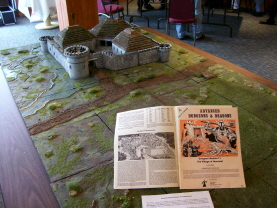Echo Bazaar: A thing which irks me

So Echo Bazaar, the free browser game set in the Fallen London, “a mile underground and a boat ride from Hell,” is a fantastic diversion. (I’ve mentioned it before.)
One of the things I love about it is that, despite its pseudohistorical goth neo-Victorian/steampunk setting (it’s like what might happen if steampunks discovered black), it’s not all that hateful about sex.
Which is a fine line with historical or pseudohistorical fantasy, right? You don’t want to be intolerably oppressive with your historical attitudes, and you don’t want to be irritatingly anachronistic by jamming in progressiveness where it doesn’t go.
And with history, at least you can rely on being accurate: with fantasy there’s a whole nother element where you have to be plausible, which basically means subscribing to historical fanon. There were black people living in Victorian London, but if what you know about it comes from seeing fifteen different versions of A Christmas Carol, you’ll probably think that the Repentant Forger is an example of unrealistic political correctness.
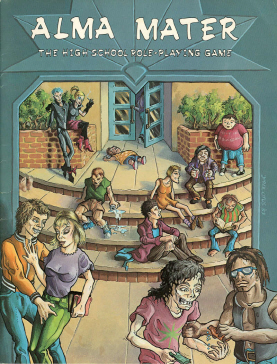 Over at
Over at 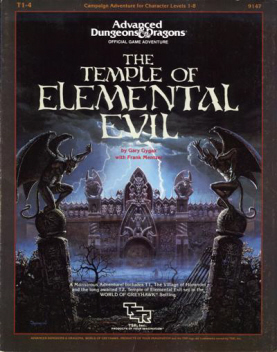 Role-playing games have always interested me because, at heart, they’re about stories. They’re ways to tell stories that you don’t know in advance, ways to bring people together to create something unpredictable but still structured in a narrative form. Now, that said, the question is: how do you go about doing that? If you’re writing a module, an adventure, that referees are going to pick up off a store shelf (or download from a web site), what do you give them to help create that story with their players?
Role-playing games have always interested me because, at heart, they’re about stories. They’re ways to tell stories that you don’t know in advance, ways to bring people together to create something unpredictable but still structured in a narrative form. Now, that said, the question is: how do you go about doing that? If you’re writing a module, an adventure, that referees are going to pick up off a store shelf (or download from a web site), what do you give them to help create that story with their players?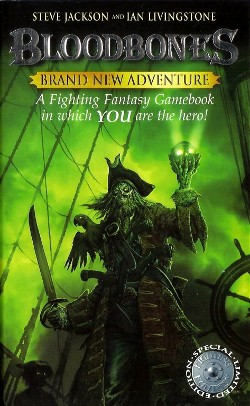 Bloodbones
Bloodbones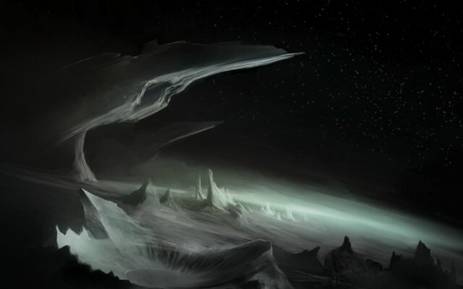
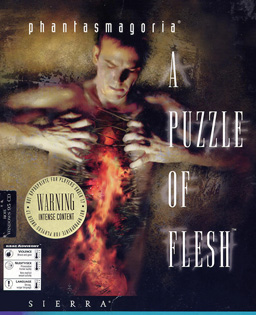 To call me a “gamer” would do a serious injustice to those hardcore cyber-warriors who are universally recognized for their pale complexion and calloused thumbs. But as someone who has spent many a windfall dollar at the local GameStop, foregone more than one sunny summer day hunched over a keyboard in a darkened room, and lives at least partially in a world where an
To call me a “gamer” would do a serious injustice to those hardcore cyber-warriors who are universally recognized for their pale complexion and calloused thumbs. But as someone who has spent many a windfall dollar at the local GameStop, foregone more than one sunny summer day hunched over a keyboard in a darkened room, and lives at least partially in a world where an 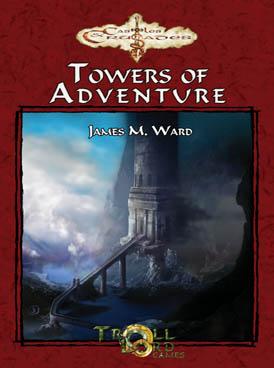 A while back I placed an order with one of my favorite online vendors,
A while back I placed an order with one of my favorite online vendors, 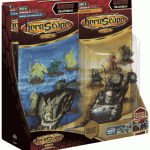 Some of you might have missed
Some of you might have missed  One of the most promising new game systems I reviewed in Black Gate 14 was used for the pulp role-playing game
One of the most promising new game systems I reviewed in Black Gate 14 was used for the pulp role-playing game 
